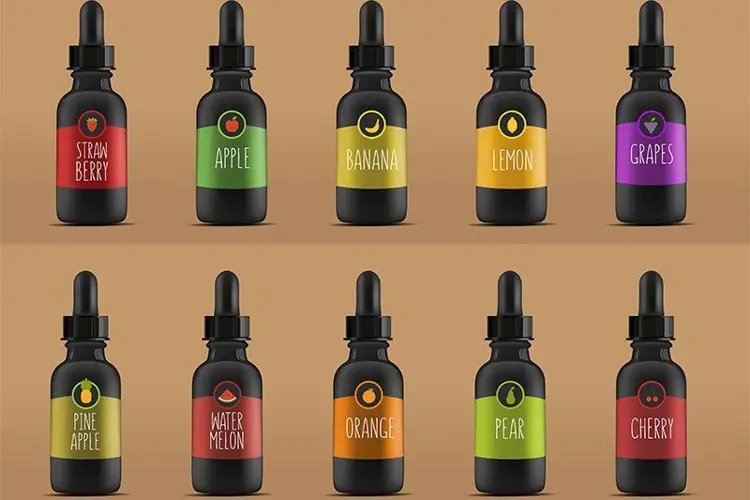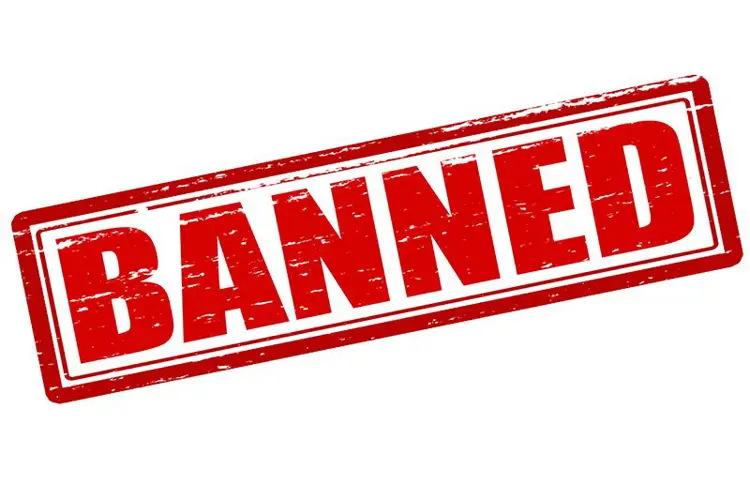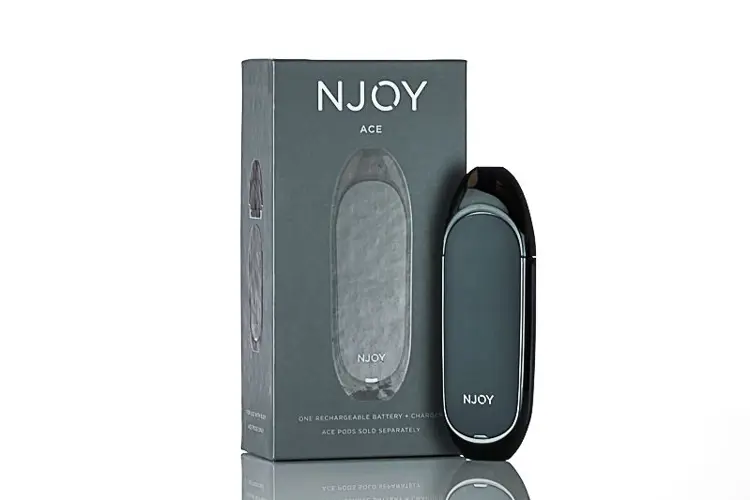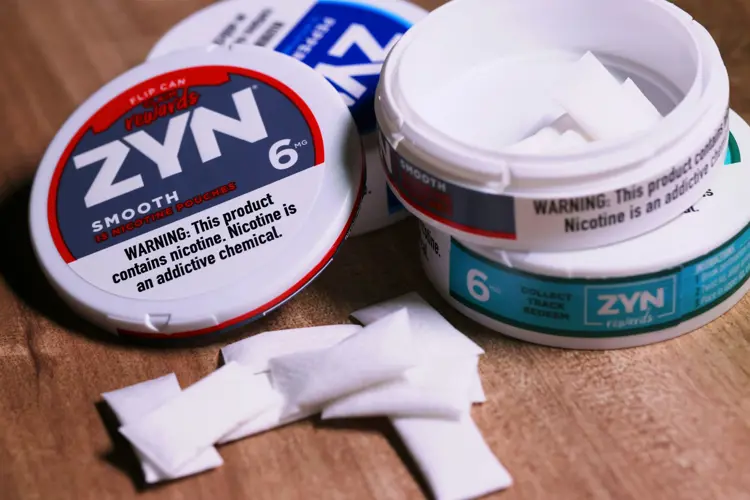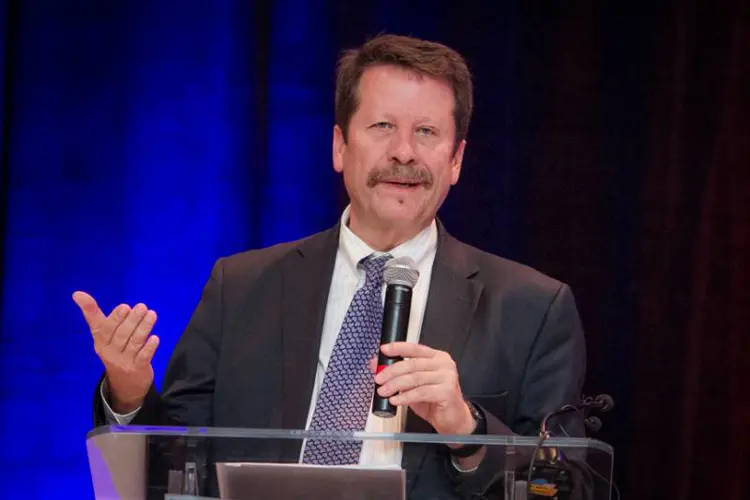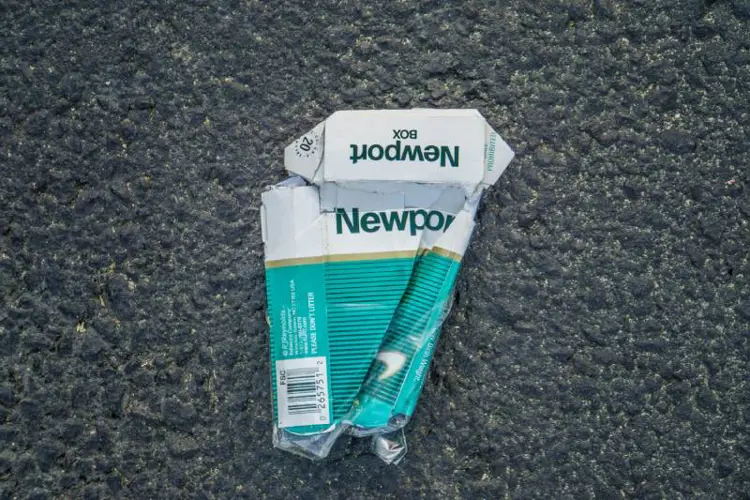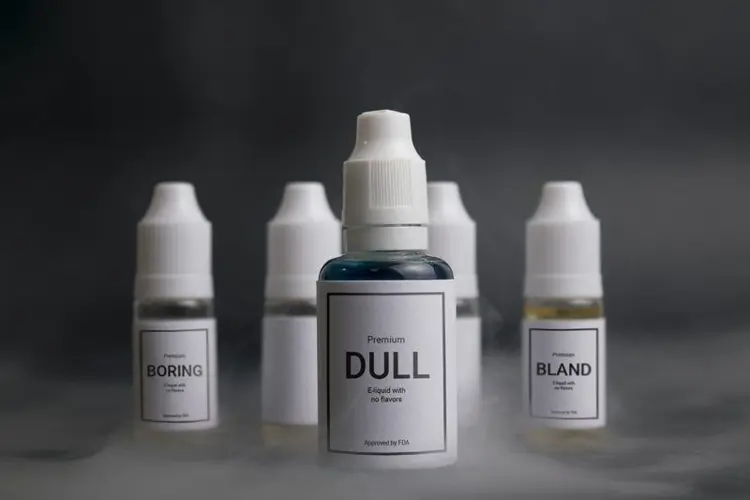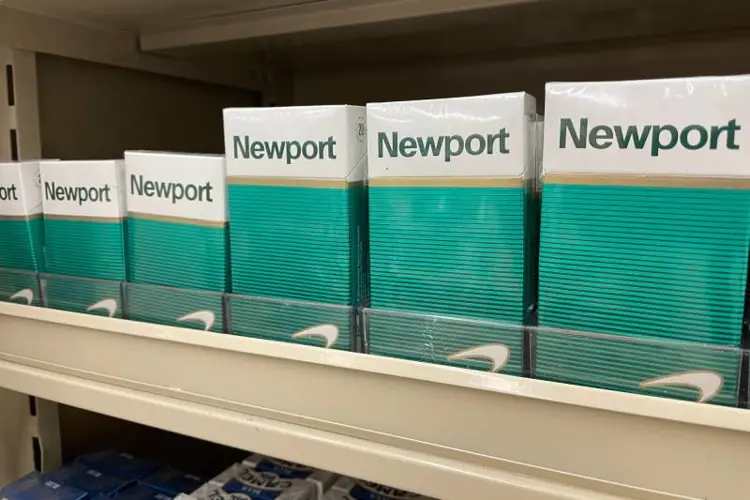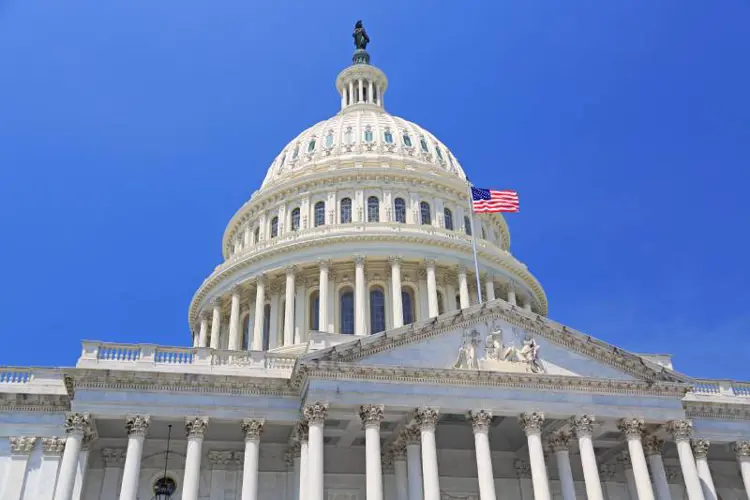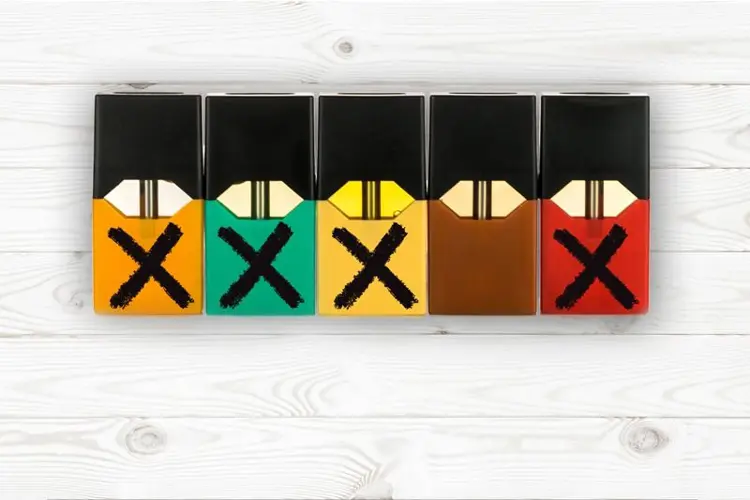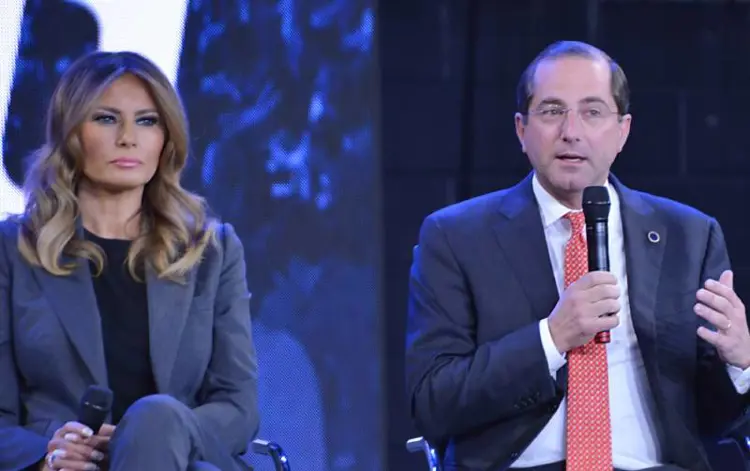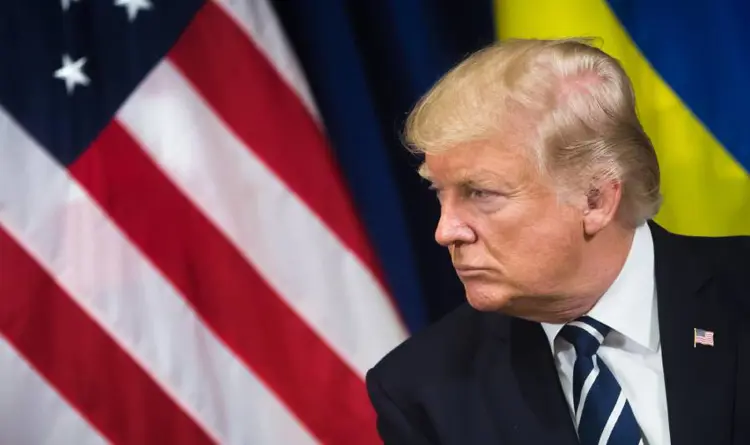The FDA planned to remove flavored e-liquids from the market as part of its deeming regulations, announced on May 5. The original draft of the regulations called for all flavored products to be eliminated 90 days after the August 8 effective date. The “redline” version of the regulations shows all changes made at the White House after receiving the original draft.
The published version of the deeming rule gives all newly deemed products a two-year grace period during which manufacturers can submit applications to continue being sold. Once the rule goes into effect, on August 8, FDA is free to impose additional restrictions. It isn’t at all impossible that the agency could act to restrict flavors at that point.
The White House Office of Management and Budget made the changes during the review period before the regulations were announced. The FDA claimed the restriction was important because “tobacco products with characterizing flavors, including menthol but excluding tobacco flavor, were attractive to young people.”
Vapers Who Quit Smoking with Flavors Are Just Anecdotes
The FDA offered several pages of evidence it claims justify eliminating flavors, supposedly reacting to "a dramatic rise in youth and young adult use of typically flavored tobacco products, like e-cigarettes and waterpipe tobacco, and continued youth and young adult use of cigars." The FDA rejected the vaping industry’s assertion that flavors are important in helping smokers separate themselves from smoking, saying evidence for that claim "is thus far largely anecdotal."
Matthew Myers, president of the Campaign For Tobacco-Free Kids, wasted no time slamming the White House for the decision. In a statement issued Tuesday, Myers said, “It is deeply disappointing that the White House missed this opportunity to protect our nation’s children by deleting this provision to remove candy- and fruit-flavored e-cigarettes and cigars from the market. It is inexplicable that OMB did so given the overwhelming scientific evidence the FDA provided to support removing these kid-friendly products from the market and the compelling case the FDA made.”
“Given this evidence that flavored tobacco products are luring young people into nicotine addiction, the FDA and the White House should immediately issue a follow-up rule to do exactly what the FDA proposed and remove all flavored tobacco products from the market. When the FDA issued its rule on May 5, the agency said it planned to engage in additional rule-making to extend the current ban on candy and fruit-flavored cigarettes to include flavored cigars. The FDA must move forward immediately, and its proposal must be strengthened to include e-cigarettes and end the use of menthol in all tobacco products.”
The FDA Will Never Approve a Flavored E-Liquid
Myers is a long time opponent of vaping, and is well aware that a flavored vape product ban would effectively cripple the independent vapor products companies that are the heart of the vaping industry. Unfortunately, his opinion carries a lot of weight in Washington. His call to ban flavors will be echoed by many anti-vaping legislators, and other pharma-funded “health groups.”
Vapers and especially e-liquid vendors need to see this story as additional evidence that the FDA has no intention of using its authority to responsibly regulate the vapor market. Put simply, the FDA is instituting restrictions aimed at wiping this industry out. No one should harbor any illusion that a premarket tobacco application for a flavored e-liquid will ever be approved by this agency. The only chance we have is to fight this assault by insisting Congress amend the Tobacco Control Act to reign in the FDA, and challenging the rule in court.
The Freemax REXA PRO and REXA SMART are highly advanced pod vapes, offering seemingly endless features, beautiful touchscreens, and new DUOMAX pods.
The OXVA XLIM Pro 2 DNA is powered by a custom-made Evolv DNA chipset, offering a Replay function and dry hit protection. Read our review to find out more.
The SKE Bar is a 2 mL replaceable pod vape with a 500 mAh battery, a 1.2-ohm mesh coil, and 35 flavors to choose from in 2% nicotine.
Because of declining cigarette sales, state governments in the U.S. and countries around the world are looking to vapor products as a new source of tax revenue.
The legal age to buy e-cigarettes and other vaping products varies around the world. The United States recently changed the legal minimum sales age to 21.
A list of vaping product flavor bans and online sales bans in the United States, and sales and possession bans in other countries.

